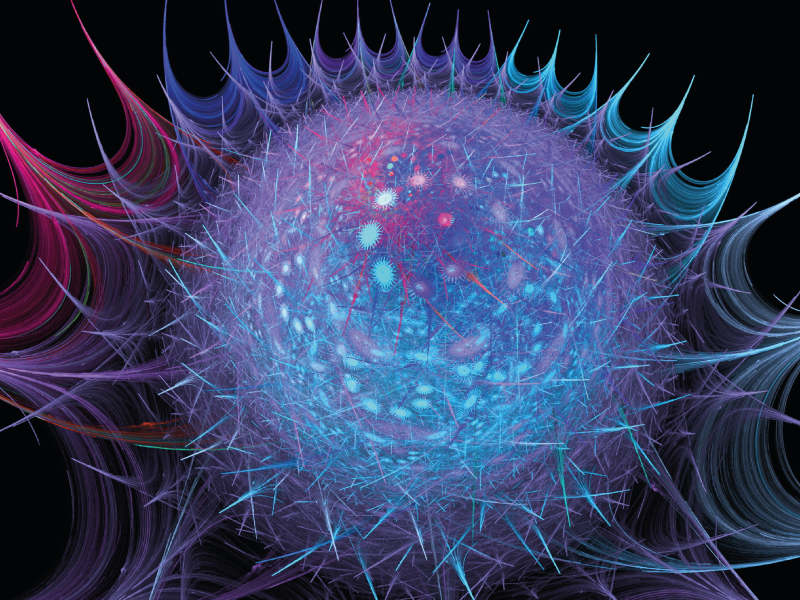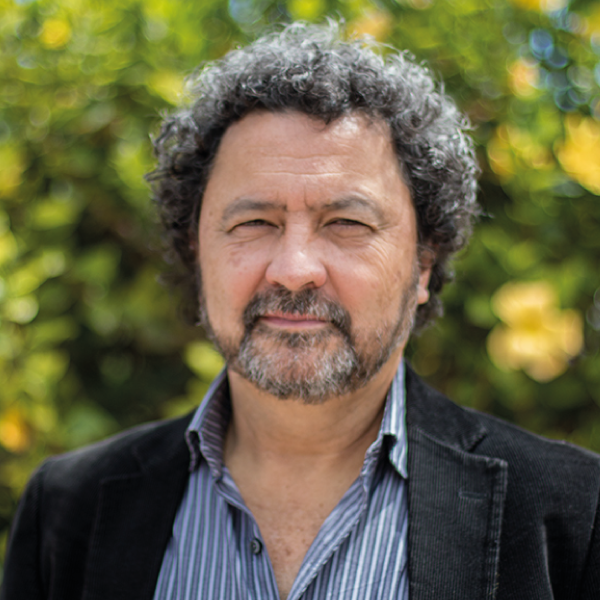The whole area of nanotechnology and its fantastic potential to impact our lives depend on the fact that many physical and chemical properties of matter are size-dependent. Just to mention a couple of examples: (a) bulk gold is nonmagnetic, whereas nanogold can be strongly magnetic; (b) the activity of a nanocatalyst may vary by adding just one atom to a nanocluster. This unexpected behavior of nanosystems, is controlled by quantum physics, which enters in a central way in our understanding and manipulation of size-dependent properties.
In this conference, I will explore some of the basic concepts regarding the description of nanosystems and some of the most striking applications of nanotechnology, e.g. nano-medicine, molecular sensors and nanocatalysis. I will also describe in general lines the field of nano-photonics, which considers nano-systems interacting with light in confined spaces. These studies have brought about both new physics and some of the most spectacular applications, for instance in the design of meta-materials and optical cavities.
Vladimiro Mujica is the Dean of the School of Chemical Sciences and Engineering at Yachay Tech University and a Professor at the School of Molecular Sciences at Arizona State University. He received his PhD from Uppsala University and was a Postdoctoral Fellow at Tel Aviv University, as well as a Research Professor at Northwestern University and Argonne National Lab. Mujica is the author of more than 150 publications in molecular electronics, nanoscience and photonics.

